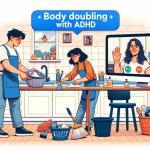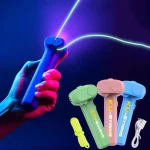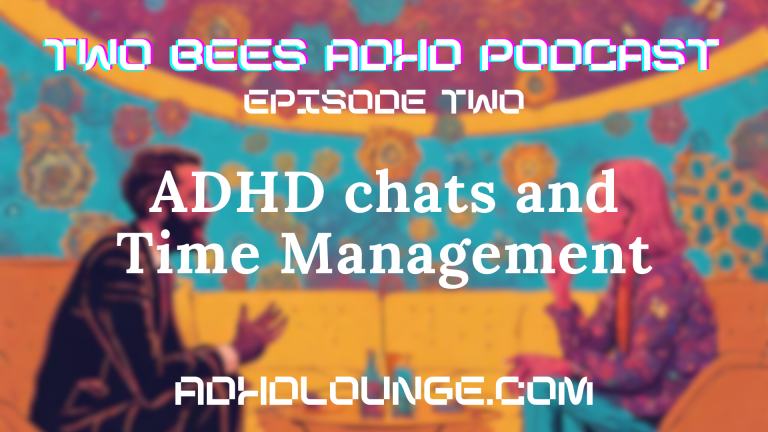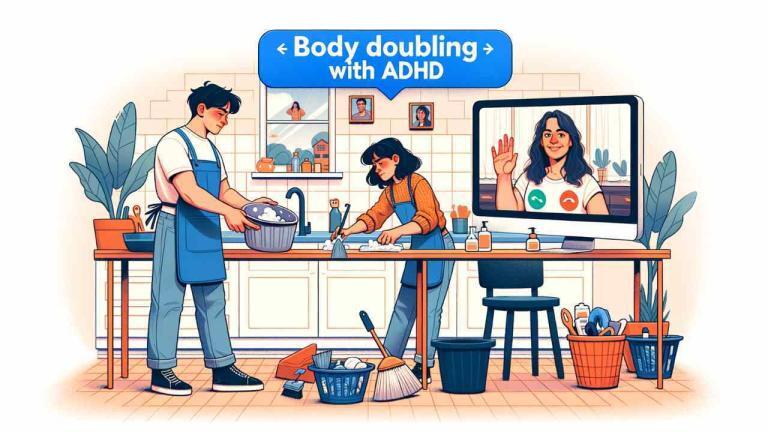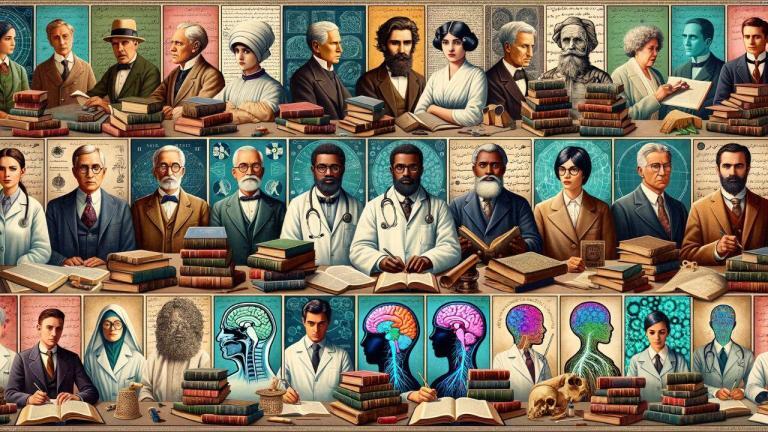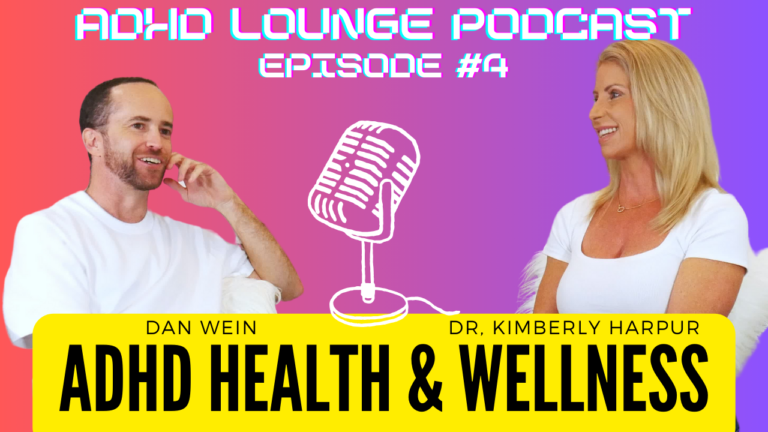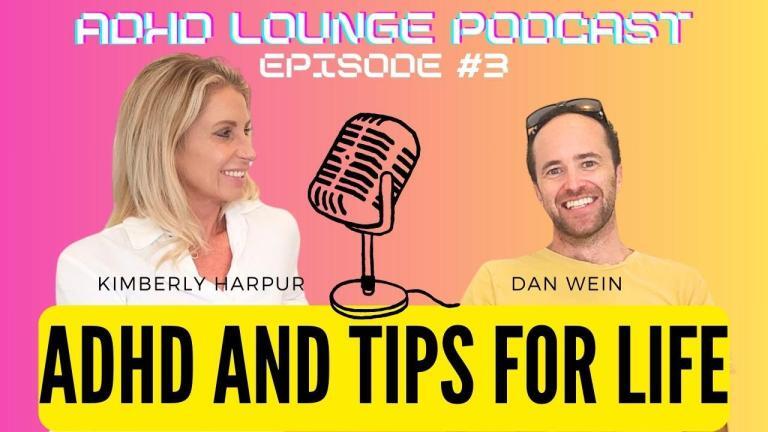How to Deal with Narcissistic Abuse when you have ADHD

Understanding the Dynamics
The intersection of ADHD and navigating a relationship with a narcissist can be uniquely challenging. ADHD often leads to impulsivity, difficulty in sustaining attention, and emotional dysregulation. When coupled with the manipulative and toxic traits of a narcissistic individual, it exacerbates the strain on mental health.
Acknowledge the Impact
The first step to healing is acknowledging the impact of the relationship on your mental well-being. Recognize the toll it has taken on your self-esteem, confidence, and emotional stability. This acknowledgment is crucial in initiating the healing process.
Set Boundaries and Prioritize Self-Care
Establishing boundaries becomes paramount in recovering from narcissistic relationships. Understand that it’s okay to prioritize your well-being. Engage in self-care practices that resonate with you, whether it’s mindfulness, therapy, exercise, or creative outlets.
Educate Yourself
Gaining insight into ADHD and narcissism empowers you. Educate yourself about ADHD’s nuances, how it intertwines with your experiences, and recognize the manipulative tactics of narcissistic individuals. This knowledge serves as armor against future encounters.
Seek Support
You don’t have to navigate this journey alone. Seek out a support system—a therapist, support groups, or trusted friends—who understand ADHD and the complexities of recovering from narcissistic relationships. Their guidance and empathy can be invaluable.
Practice Mindfulness and Grounding Techniques
Mindfulness and grounding techniques can aid in managing ADHD symptoms while recovering from a narcissistic relationship. These practices enhance self-awareness, emotional regulation, and help in reducing impulsivity.
Reflect and Reclaim
Take time to reflect on your experiences. Reclaim your narrative by journaling or expressing yourself through art. Processing your emotions aids in closure and facilitates moving forward positively.
Cultivate Self-Compassion
Be kind to yourself. Understand that healing is a journey, not a destination. Embrace self-compassion, and allow yourself the grace to heal at your pace. Celebrate small victories along the way.
Moving Forward
Recovery from a narcissistic relationship while managing ADHD involves continuous effort and self-reflection. Embrace your uniqueness, celebrate your strengths, and know that every step you take towards healing is a triumph.
Final Thoughts
Recovering from a narcissistic relationship when managing ADHD can feel like navigating a maze. But with the right tools, support, and self-compassion, it’s entirely possible to emerge stronger, wiser, and more resilient. Remember, your journey to healing is yours to craft—embrace it with courage and determination.
By implementing these strategies tailored for individuals dealing with ADHD and recovering from narcissistic relationships, you’re taking proactive steps towards a brighter and more fulfilling future.
Remember, your well-being matters. You deserve a life filled with peace, authenticity, and joy.



